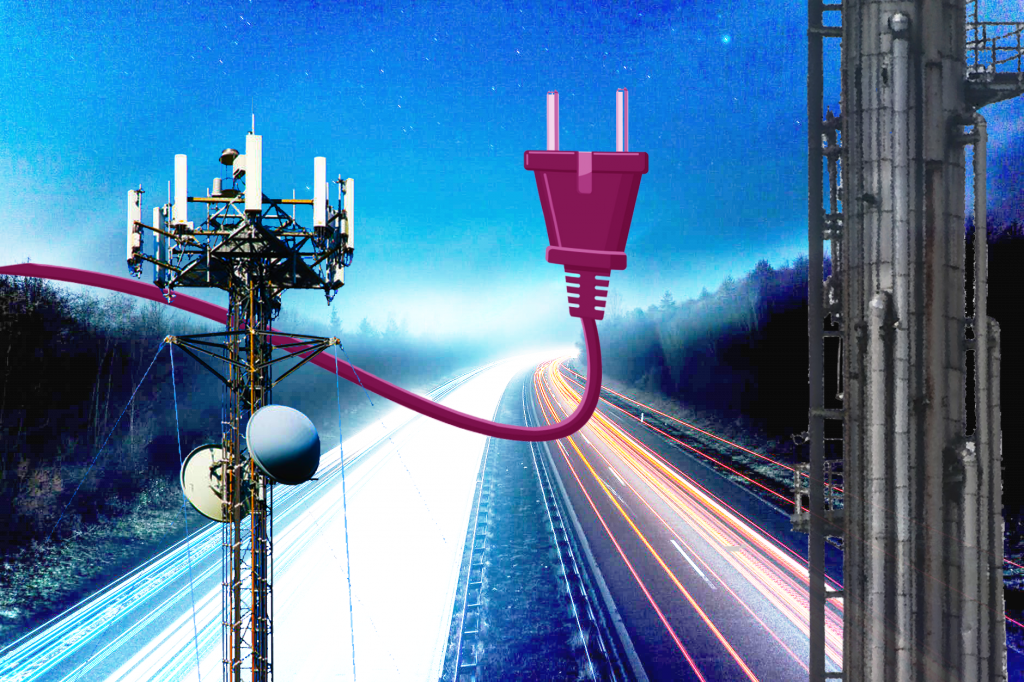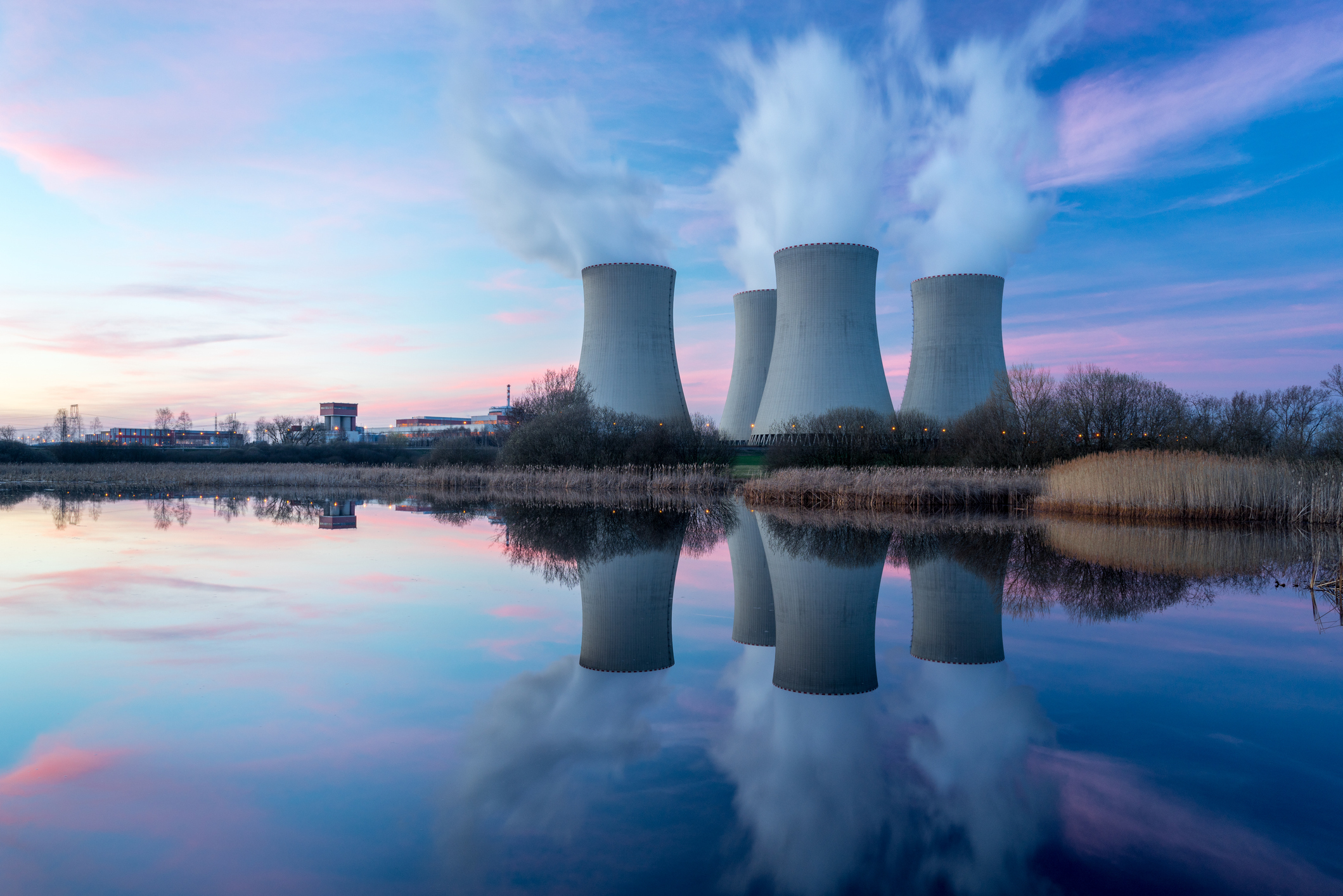
PENNSYLVANIA
Electric Vehicle Infrastructure
Pennsylvania and federal transportation officials have designated hundreds of miles of Alternative Fuel Corridors through a federal program, the 2015 “Fixing America’s Surface Transportation” or FAST Act, designed to help the state prepare hundreds of miles of highway for less reliance on gasoline in the future. Officials hope that the program will reduce concerns around electric vehicle range by providing charging state gaps found outside of major cities. The Act authorized $305 billion for infrastructure upgrades through 2020. A specific provision was made to designate national road corridors for alternative fuel charging, such as electric, hydrogen, and propane. While the program is open to 46 states and Washington D.C., Pennsylvania has been one of the most active participants in the program.[1]
Water Infrastructure
Earlier this summer, Governor Wolf announced a $136 million investment in water infrastructure, impacting seventeen counties in Pennsylvania as part of an expansive water infrastructure investment. This would fund 17 drinking water, wastewater, storm water and non-point source projects in 17 counties across the state, and all handled through the Pennsylvania Infrastructure Investment Authority. The state funds were approved by voters, Growing Greener, Marcellus Legacy funds, federal grants from the EPA, and recycled loan payments.[2]
NEW JERSEY
Airport Infrastructure
Pascrell, Menendez, Booker announced a major federal investment project in Teterboro through the Federal Aviation Administration (FAA) which will award a contract for the construction of a new air traffic control tower at Teterboro Airport. Walsh Construction Company will be tasked with designing and building the new tower and base building for Teterboro.[3]
Water Infrastructure
New Jersey American Water will replace approximately 5,000 feet of aging wastewater main, some sections installed back in the 1930s, in Ocean City this fall. The $1.8 million investment will advance wastewater service reliability and support continued growth in Ocean City as part of New Jersey American Water’s multimillion-dollar initiative to accelerate the renewal of water and wastewater infrastructure in more than 100 communities across the state.[4]
These infrastructure upgrades are in stark contrast to other municipalities throughout the state which are facing increasing pressure for its handling of their waterways.
According to the testimony at the second legislative hearing regarding the implementation of the Water Quality Accountability Act of 2017, while 94% of water systems have submitted the required paperwork to the state Department of Environmental Protection, just 71% certified that they’re in compliance with the new standards. The Water Quality Accountability Act of 2017 requires all sizable water purveyors to improve the safety, reliability, and oversight of their systems. It is estimated that it will take $8 billion over the next decade to bring water systems in the state up to the necessary standards. That amount does not include a similar sum needed to fix sewer systems to prevent overflow and runover during heavy rains. The hearings were convened by the Senate Community and Urban affairs committee to educate legislators and the public about the severity and scope of the problems facing the state. The hearings convened by the Senate Community and Urban Affairs committee served to educate legislators and the public about the scope of the problem facing the state.[5]
Electric Vehicle Infrastructure
The New Jersey Board of Public Utilities (NJBPU) approved a request for quotation (RFQ) to hire a consultant to develop and administer an electric vehicle (EV) program. This is the first step in achieving Governor Murphy’s pledge of 330,000 EVs on the road by 2025. The transportation sector accounts for 46% of the state’s net greenhouse-gas emissions, making it the largest emissions source in the state, according to the 2019 draft of the New Jersey Energy Master Plan. Encouraging EV adoption is important for New Jersey to reach the goal of 100% clean every by 2050, as mandated by the Governor. $30 million is earmarked from the Clean Energy Fund for a program to support the purchase and use of EVs and EV infrastructure – this includes EV incentive programs for adoption. NJBPU and the consultant will refine a straw proposal for stakeholder engagement throughout the process. NJBPU is expecting all RFQ responses to be submitted by October 28, 2019. [6]
NEW YORK
Electric Vehicle Infrastructure
New York has $3 million for municipalities to buy zero-emission vehicles and install EV infrastructure. Rebates and grants for this purpose are currently being promoted and dispensed from the New York Department of Environmental Conservation. The current round of funding includes clean vehicle rebates of up to $500,000 and infrastructure grants up to $2.5 million for municipalities to install hydrogen filling station components or electric vehicle charging stations.[7]
Comprehensive Infrastructure Planning
New York State Comptroller Thomas DiNapoli called for more comprehensive infrastructure planning in order to make effective use of the approximately $13.4 billion that could be spent on capital infrastructure projects over the next five years. This call was supported by the findings of the “Strengthening New York’s Infrastructure: Spending Trends and Planning Challenges” report, released last week by the Comptroller’s office, analyzing the state’s Fiscal Year 2019-20 Capital Plan. The Capital Plan projects $66.8 billion in spending through SFY 2023-24, including $25.7 billion for transportation. The report shows that planning and financing of capital needs are neither fully integrated nor coordinated, the state lacks comprehensive public reporting of assets, conditions or estimated costs. Instead, there is a need for a Capital Asset and Infrastructure Council to oversee all work with a 20-year long-term strategic plan to be updated every two years.[8]
Cellular Infrastructure
Governor Andrew Cuomo announced the new Upstate Cellular
Coverage Task Force to develop solutions and policies to address the lack of
cell service in rural and remote parts of upstate New York. The task force was
originally proposed as part of the 2019 State of the State. The organization will
be administered by Empire State Development and made up of industry experts,
community leaders, government officials, environmental representatives, and
other key stakeholders. This comes after the Governor’s 2015 launch of the $500
million New NY Broadband Program for statewide high-speed internet access. [9]
[1] https://energynews.us/2019/09/12/northeast/pennsylvania-taps-federal-program-to-help-expand-promote-alternative-fuels/
[2] https://pittsburgh.cbslocal.com/2019/07/18/governor-wolf-announces-136-million-investment-in-water-infrastructure-for-17-counties/amp/
[3] https://www.insidernj.com/press-release/pascrell-menendez-booker-announce-major-federal-investment-teterboro/
[4] https://www.capemaycountyherald.com/community/business/article_59e74b92-de44-11e9-a245-8373bc072119.html
[5] https://www.njspotlight.com/2019/09/19-09-19-water-systems-across-nj-face-infrastructure-woes/amp/
[6] https://ngtnews.com/n-j-takes-first-step-toward-establishing-ev-incentive-program
[7] https://www.wcax.com/content/news/NY-has-money-for-municipalities-for-electric-vehicles-infrastructure-561804441.html
[8] https://transportationtodaynews.com/news/15190-new-york-state-comptroller-recommends-comprehensive-planning-for-projected-infrastructure-spending/
[9] https://www.govtech.com/network/New-York-Launches-Upstate-Cellular-Coverage-Task-Force.html?AMP
Latest News
Photo credit: iStock.com/vlastas As states across the country wrestle with energy challenges and climate goals, lawmakers are increasingly turning to nuclear energy as a viable solution. Nuclear power, known for its reliability and zero-emission benefits, [...]
Photo credit: iStock.com/yacobchuk The use of cell phones by students in classrooms is on the rise, despite 77% of schools prohibiting cell phones at school for non-academic use. With students often disregarding these rules or [...]
In the latest episode of the "Back in Session" podcast, hosts Ryan Stevens and Ryan DeMara delve into the innovative world of AI technology applied in gun detection with Burgess Nichols from ZeroEyes. Starting with [...]
tiktok bill As many states around the country have taken action on various TikTok bills, the United States House of Representatives is considering whether to pass legislation requiring TikTok’s Chinese parent company to sell the [...]






Stay In Touch